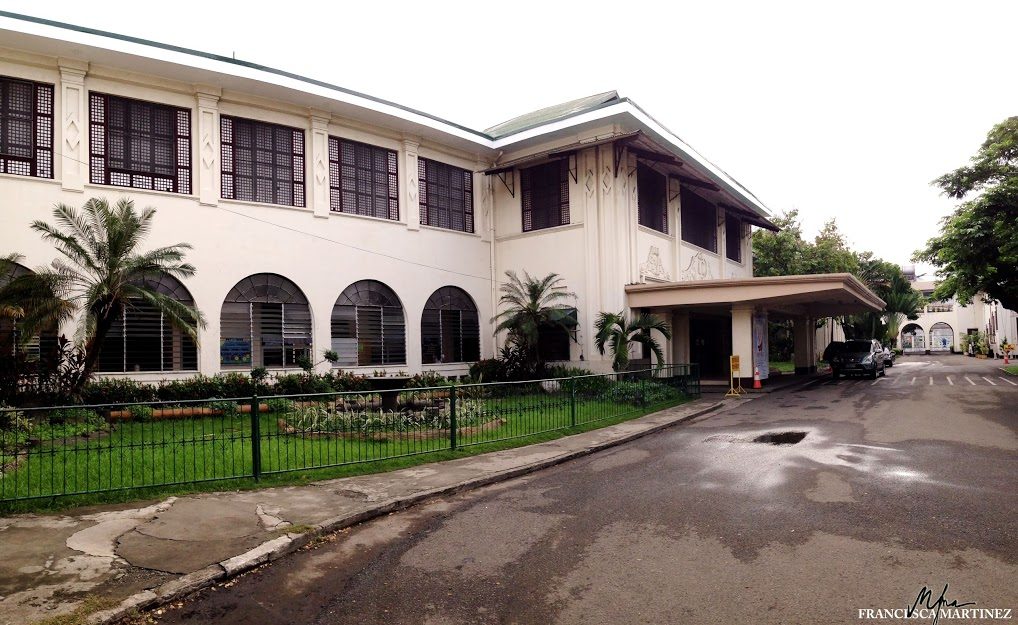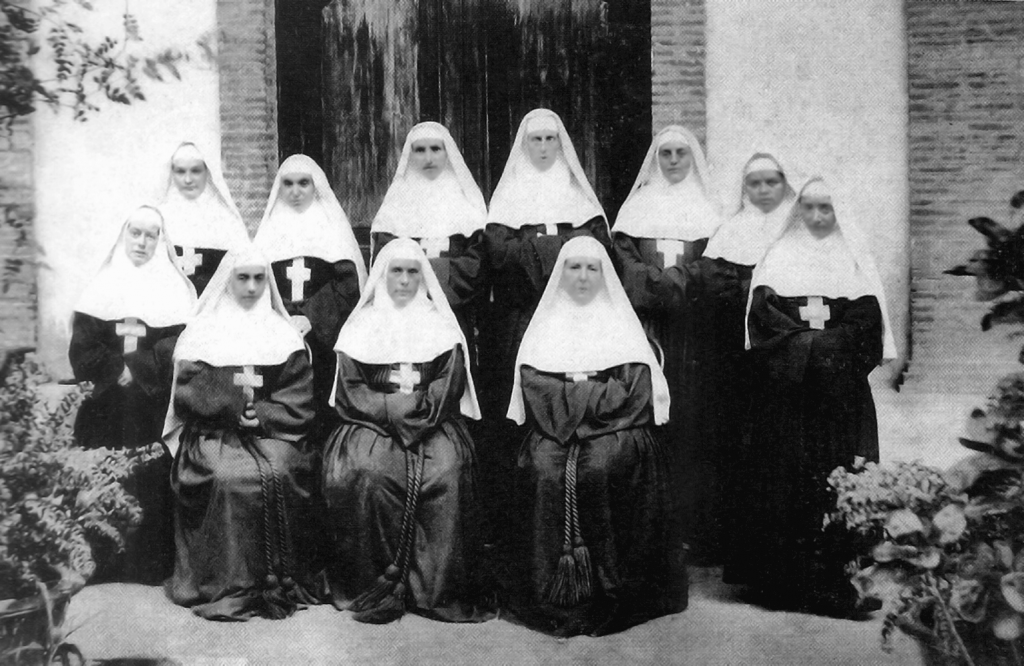A Catholic school in the central Philippines has stood by its definition of morality in its handbooks amid charges of discrimination from LGBTQ+ groups last week.
The Religious of the Assumption congregation, which runs Assumption Iloilo school, said “there is no intent nor was there ever an intent to discriminate against homosexuals” in its definition of morality.
LGBTQ+ groups called on the school on August 7 to retract its policy that allegedly discriminates against homosexuality.
In a statement, however, the religious nuns said the definition of immorality that was included in the handbook speaks of the “acts” of a person and not the “condition” or “orientation” of a person.
“The definition sanction acts constituting sexual misconduct from the viewpoint of a Catholic Institution regardless of the condition or orientation of a person,” read the religious congregation’s statement.
“The definition does not sanction the condition or orientation of a person,” it read, adding that “nothing can be further from the truth.”
The school’s handbooks for employees and students state that “immorality” refers to acts that are contrary to Catholic morals, teachings and values as defined, described and/or discussed in the Catechism of the Catholic Church.”
Among the “acts” dubbed “immoral” included “but not limited to fornication, pornography, prostitution, engaging in premarital sexual relations, rape, homosexuality, adultery, incest, sexual abuse, ‘free union,’ trial marriages,’ ‘live-in arrangement’ and unions outside marriages.”
The handbooks added that “immorality is considered a grave offense sanctionable by dropping from the rolls following due process.”
In its statement, the religious congregation said that as a Catholic institution, “Assumption Iloilo is within its rights to adopt a definition that constitutes immorality in accordance with the teachings of the Catholic Church.”
Assumption Iloilo is a private Catholic school owned and managed by the Religious of the Assumption through the charism of St. Marie Eugenie of Jesus.
The school, which is part of a network of schools run by the Assumption Sisters in the Philippines, requires parents and students to sign the handbook prior to the opening of classes this month.
The school also said that it will sanction the posting of “acts constituting immorality” on social media as it “besmirches the name and reputation of Assumption.”

LGBTQ+ groups decry discrimination
Various LGBTQ+ groups condemned what they described as “discrimination” that can result in young people and students “not only feeling unsafe in the institution, but also being stripped of their fundamental human right.”
The groups also pointed out that the school policy violated Iloilo City’s anti-discrimination law that prohibits “refusing or failing” a student by reason of sex, gender identity, and sexual orientation.
The school’s policy is also in conflict with the Education department’s Child Protection Policy that mandates that children should not be excluded on the basis of sex, sexual orientation, and gender identity.
Various groups also said the policy is contrary to the Philippines’ Magna Carta of Women that spells out every woman’s right to be protected from gender-related offenses.
“Discrimination is immoral,” read a statement signed by 55 people representing various groups, adding that the Catholic Church teaches that persons with a homosexual inclination “must be accepted with respect, compassion, and sensitivity.”
The signatories to the statement called on the school to scrap the “illegal provision on immorality” and to ensure that the school remains a “safe space” for everyone.
“As a Catholic school that professes to uphold justice without borders, Assumption Iloilo should be one with the LGBTQ+ community in creating a world of genuine equality,” read the statement.
Danton Remoto of the group Ladlad described the policy as “antediluvian” and should be scrapped, “lest [Assumption Iloilo] become the laughingstock of the world.”
“Academic freedom does not include the right to pry into the private lives of individual students,” Remoto told LiCAS.news.

Definition grounded on Church teachings
In its statement, Assumption Iloilo said its definition of immorality is “grounded on the Catechism of the Catholic Church” that “provides that the homosexual condition ‘must be accepted with respect, compassion, and sensitivity’ and ‘every sign of unjust discrimination in their regard should be avoided.”
The school maintained that it is a Catholic institution “whose objective is to provide an educational program and environment animated by Catholic religious belief, traditions, teachings, and doctrine, the exercise of which is protected by the Constitution of the Republic of the Philippines, and to promote within its academic community values that are Catholic in orientation.”
In 1892, the queen of Spain asked the Religious of the Assumption to assume the direction of a school for women teachers in Manila.
Marie Eugenie, founder of the Assumption sisters, agreed to the queen’s plan and established the Superior Normal School for Women Teachers in Manila’s walled city of Intramuros and pioneered women education in the Philippines.
In 1904, after the revolution against Spain in 1986, the Assumption sisters returned to the Philippines from Europe at the request of Pope Pius X. In the same year, they reopened boarding schools exclusively for women in Manila for elementary and secondary level.
In 1910, a second all-girls boarding school was opened in Iloilo in the central Philippines. The school was to be the counterpart of Assumption Manila.
Unlike other Assumption schools that were exclusive for girls, in 1961, the primary level was opened to boys and in 2011, the school started accepting male students for high school.
Although known for being a school that caters to the upper middle class, the Assumption in the Philippines has extended to the rural areas and the underprivileged sector in line with the spirit of Vatican II.









